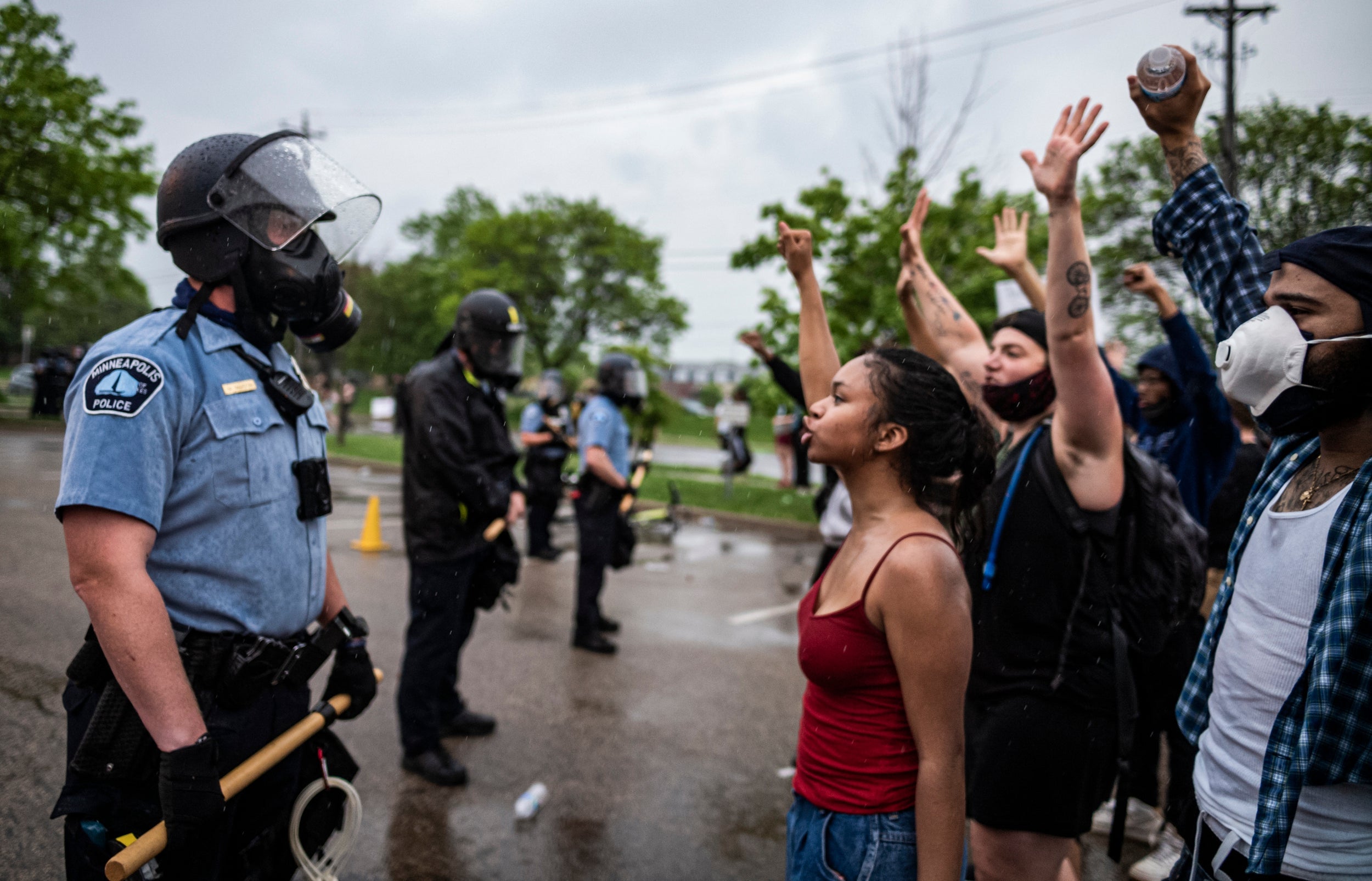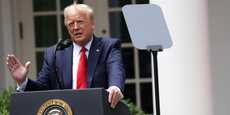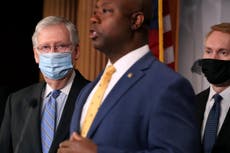The Supreme Court won't force police reform. That's a good thing
It's Nancy Pelosi's job now — and even Republicans are beginning to compromise

This week, the Supreme Court declined to hear seven lawsuits that had the potential to restructure policing in America. At issue was the legal theory of “qualified immunity,” which grants police officers sweeping protection from federal civil lawsuits involving their misuse of force against civilians.
Criminal justice reformers groaned at the missed chance to highlight the injustice of qualified immunity in America’s hallowed halls of justice, but they shouldn’t despair. The Court’s refusal to rule on qualified immunity pushes the thorny issue of police immunity onto Capitol Hill, where Nancy Pelosi’s House Democrats are finally ready to get serious about policing reform.
Thanks to qualified immunity, it’s nearly impossible for regular Americans to hold police officers accountable for abuses of power. Under qualified immunity, officers can only be held accountable when they violate “clearly established” rights. That means a court must previously have found an officer’s action to be a violation of someone’s rights in a past court case.
That “clearly established” part is where qualified immunity gets sticky. Lower courts have taken a specific reading of that phrase, resulting in a perverse situation where police officers have been granted qualified immunity even though their abuse of power differs from a “clearly established” case by one or two minor details. In some cases, judges are looking for potential violations to match prior cases exactly.
The end result is a constant miscarriage of justice played out in courtrooms across America, where officers are only charged with a crime in 1.7 percent of police-related deaths. As victims’ rights advocates too often find, qualified immunity is a Get Out of Jail Free card for violent cops. When nearly 99 percent of police killings pass without any charges, police officers will behave as if they enjoy total protection from accountability. Thanks to an expansive reading of the law, they mostly do.
Qualified immunity has become a lightning rod in Washington, and Chief Justice John Roberts is nothing if not a dutiful steward of his political legacy. Given Roberts’ sense of political caution, it was always unlikely the Court would entangle itself in an issue as potentially explosive as qualified immunity. The racial tension looming over the country since the death of George Floyd made an already unpalatable set of cases nothing short of toxic for the Court.
That may not be such a bad thing. Activists may be frustrated they won’t get the chance to make the case against qualified immunity before our Nine Divines, but the Supreme Court is a precarious place for an issue like policing reform. That kind of societal debate must by its nature involve as many Americans as possible in the most representative forum our country can muster. That forum, for better or worse, is Congress.
Reformers will find ready allies in the House of Representatives, where House Judiciary Chairman Rep. Jerry Nadler, Rep. Karen Bass and Rep. Steve Cohen released a statement urging swift congressional action to end by legislation what the Supreme Court failed to end by decision. Once considered an idea too risky and controversial for election-year visibility, policing reform is rapidly emerging as the issue most likely to mend the primary-season rift between Washington elites and the resoundingly pro-policing reform activist base of the party.
In the House, Pelosi has already announced an ambitious policing and criminal justice reform agenda, which includes solving the rampant abuse of qualified immunity. After years of struggling to shed the image of a timid, weak-willed, Washington-centric party, an epidemic of police violence against black and brown Americans finally spurred the Democratic Party to rediscover its voice as the defender of the beaten-down. Unfortunately for the country, the beatings are real.
If recent polling is to be believed, the Democratic base may find uneasy allies in the majority of Republicans who also support expansive policing reform proposals. Seventy-five percent of Americans support increasing our ability to hold police officers and departments accountable for their misconduct.
There are even signs public support could be weakening Republican opposition to qualified immunity reform. Just a few months ago, qualified immunity was a non-starter issue in the GOP-controlled Senate; next week, Indiana Sen. Mike Braun will introduce a bill that offers — for the first time — Republican compromises on qualified immunity. That isn’t much, but it marks a worthwhile starting point.
Don’t expect the party of Donald Trump to bend easily on reforming qualified immunity. Police unions are powerful Washington DC actors equipped with deep pockets and plenty of favors. The Fraternal Order of Police spent over $220,000 in the first quarter of 2019 on targeted lobbying efforts. Now they’re gearing up for an unprecedented spending spree aimed squarely at the Senate. It’s also an election year, and “LAW AND ORDER” has become a consistent Trumpian Twitter shout.
Still, there is no better place for this debate than in Congress. The relationship between the people and the police tasked with protecting them has never been worse. We are facing a crisis of confidence not only in law enforcement, but in the ability of the federal government to deliver needed changes to the greater public. If our elected officials want to earn back American trust, they must act to end our national epidemic of police impunity.
Max Burns is a veteran Democratic strategist and senior contributor at Millennial Politics. He regularly appears on NBC News Now, Fox News, and Bloomberg Radio. Follow him on Twitter @TheMaxBurns





Join our commenting forum
Join thought-provoking conversations, follow other Independent readers and see their replies